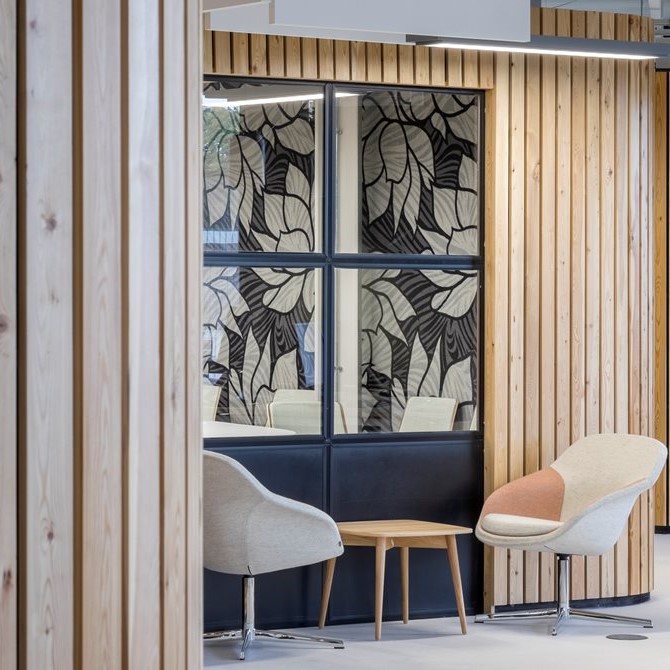To provide the best experiences, we use technologies like cookies to store and/or access device information. Consenting to these technologies will allow us to process data such as browsing behaviour or unique IDs on this site. Not consenting or withdrawing consent, may adversely affect certain features and functions.
The technical storage or access is strictly necessary for the legitimate purpose of enabling the use of a specific service explicitly requested by the subscriber or user, or for the sole purpose of carrying out the transmission of a communication over an electronic communications network.
The technical storage or access is necessary for the legitimate purpose of storing preferences that are not requested by the subscriber or user.
The technical storage or access that is used exclusively for statistical purposes.
The technical storage or access that is used exclusively for anonymous statistical purposes. Without a subpoena, voluntary compliance on the part of your Internet Service Provider, or additional records from a third party, information stored or retrieved for this purpose alone cannot usually be used to identify you.
The technical storage or access is required to create user profiles to send advertising, or to track the user on a website or across several websites for similar marketing purposes.
 The BBC, Monzo and Skyscanner are the companies UK top tech talent wants to work for the most according to new research from Hired which has today released its annual Brand Health Report. However, despite the UK’s flourishing tech landscape, British business are not featured on the global list of the top 15 private or public companies indicating that UK brands are losing popularity. This is especially worrying at a time when 60 percent of London firms apparently anticipate a ‘Brexit Brain Drain’. More →
The BBC, Monzo and Skyscanner are the companies UK top tech talent wants to work for the most according to new research from Hired which has today released its annual Brand Health Report. However, despite the UK’s flourishing tech landscape, British business are not featured on the global list of the top 15 private or public companies indicating that UK brands are losing popularity. This is especially worrying at a time when 60 percent of London firms apparently anticipate a ‘Brexit Brain Drain’. More →























 UK SMEs must create a tech-friendly culture to attract and retain top tech talent, according to a new white paper from
UK SMEs must create a tech-friendly culture to attract and retain top tech talent, according to a new white paper from 









September 6, 2019
Escaping the hell of hot desking
by Tim Oldman • Comment, Workplace design